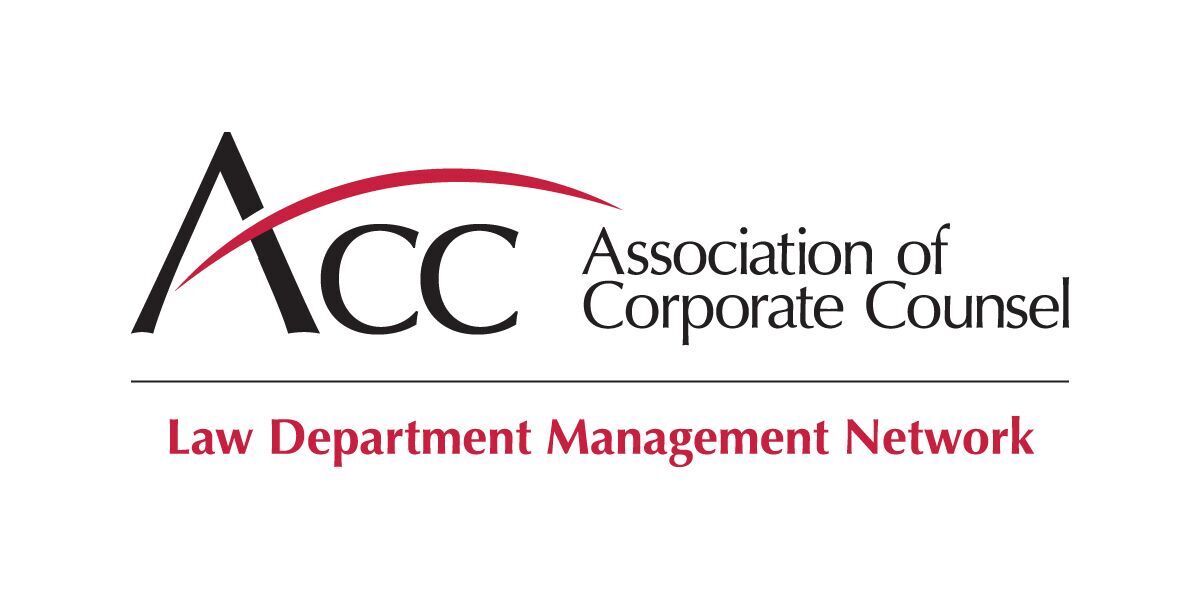In a decisive shift from the prior administration’s energy policies, US President Donald Trump has enacted a series of executive orders aimed at bolstering domestic fossil fuel production and overhauling the permitting process for energy projects.
This article provides an overview of these actions, which are aimed at achieving energy independence, expediting infrastructure development, and reinforcing the U.S. oil and gas sector’s competitive position.
This resource provides a compilation of what to expect in the early phases of the second Trump administration with respect to environmental regulation, enforcement, and litigation.
This multi-jurisdictional guide covers common issues in environmental, social and governance (ESG) law. The question and answer chapters cover 23 jurisdictions, providing detailed answers
to common questions raised by professionals dealing with ESG issues.
In light of recent wildfires across Southern California, employers should make sure they are familiar with California’s wildfire smoke standard.
This article discusses how employers can prepare to protect their employees from harmful air quality from wildfire smoke.
This multi-jurisdictional guide explores issues in investor-state arbitration laws and regulations.
Topics covered-including treaties, legal frameworks, case trends, funding, international tribunals, domestic courts, recognition, and enforcement.

